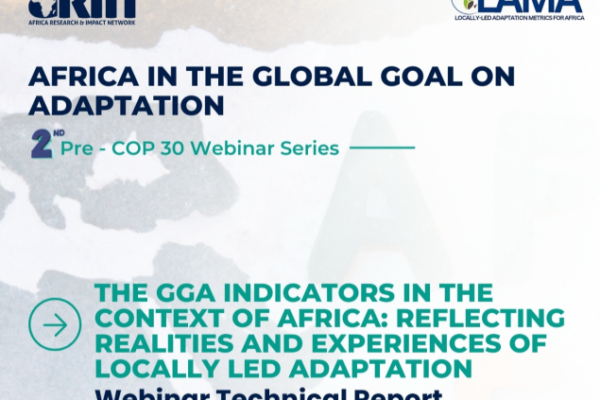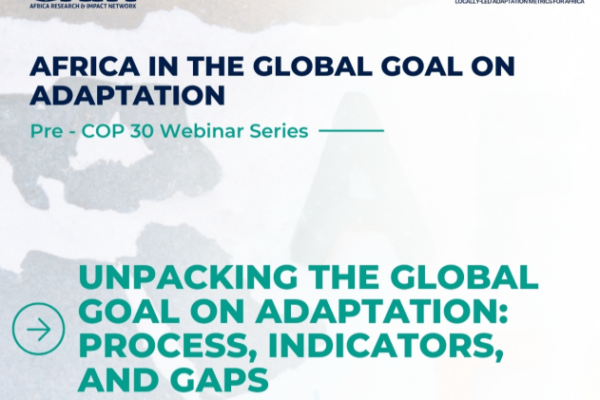The sustainable development agenda is a response to a new class of challenges that call into question current patterns of human activity in relation to production and consumption, in relation to access and distribution of resources and in relation to the way these processes and patterns of human activity are governed and directed. Broadly these challenges relate to environmental sustainability of the resource base and the planet as a whole and the crisis of unbalanced patterns of growth that are failing to eradicate poverty, inequity and food, water and energy resource insecurities. These are global scale issues but have particular poignancy and manifestations in low- and middle-income countries (LMICs) where poverty is widespread and where climate change is a major threat to already fragile and degraded environments.
Science, Technology and Innovation (STI) could form a critical plank in addressing these challenges. But that will require of a form of innovation that is much more deeply embedded in society than it has been in the past. It will entail a much closer alignment of STI policy with development priorities in a particular country and will require patterns of governance and participation that give a wider set of stakeholders’ ownership of both the priorities and the outcomes of the innovation process. Building this new form of innovation capacity will need to look beyond traditional science and technology providers – although it is essential to strengthen these too – and will need to embrace the full gamut of knowledge production and use and actors and processes that society has to offer. While few would argue against the need to give this STI question urgent attention, there is much less clarity on how to proceed. What sort of capabilities need to be built? What would new forms and patterns of investment look like? How can the performance of existing and new investments in this domain be evaluated? And perhaps most fundamental of all what would an overarching framework look like that could guide policy and practice in prosecuting the new form of innovation action that the sustainable development agenda demands? We believe that only by providing some fresh direction can the ambition of creating sustainable and locally owned STI capacities and processes be achieved.
The overall aim of this pilot project reported here, under the working title, Knowledge Systems Innovation (KSI) was to propose a practical and context specific knowledge system (KS) concept for Kenya, Tanzania and Rwanda, informed by appropriate international evidence of what works in innovation and research system approaches. Part of its rationale is founded on a major paradox in international development practice, policy and investment. On the one hand there is widespread recognition of the need to invest in STI capability in LMICs (Cirera and Maloney, 2017), but on the other hand there is limited evidence of how this can best be achieved. The idea of a national research or innovation system or ecosystem has been articulated through a number of different conceptual traditions, approaches and policy framings. Howeve……


